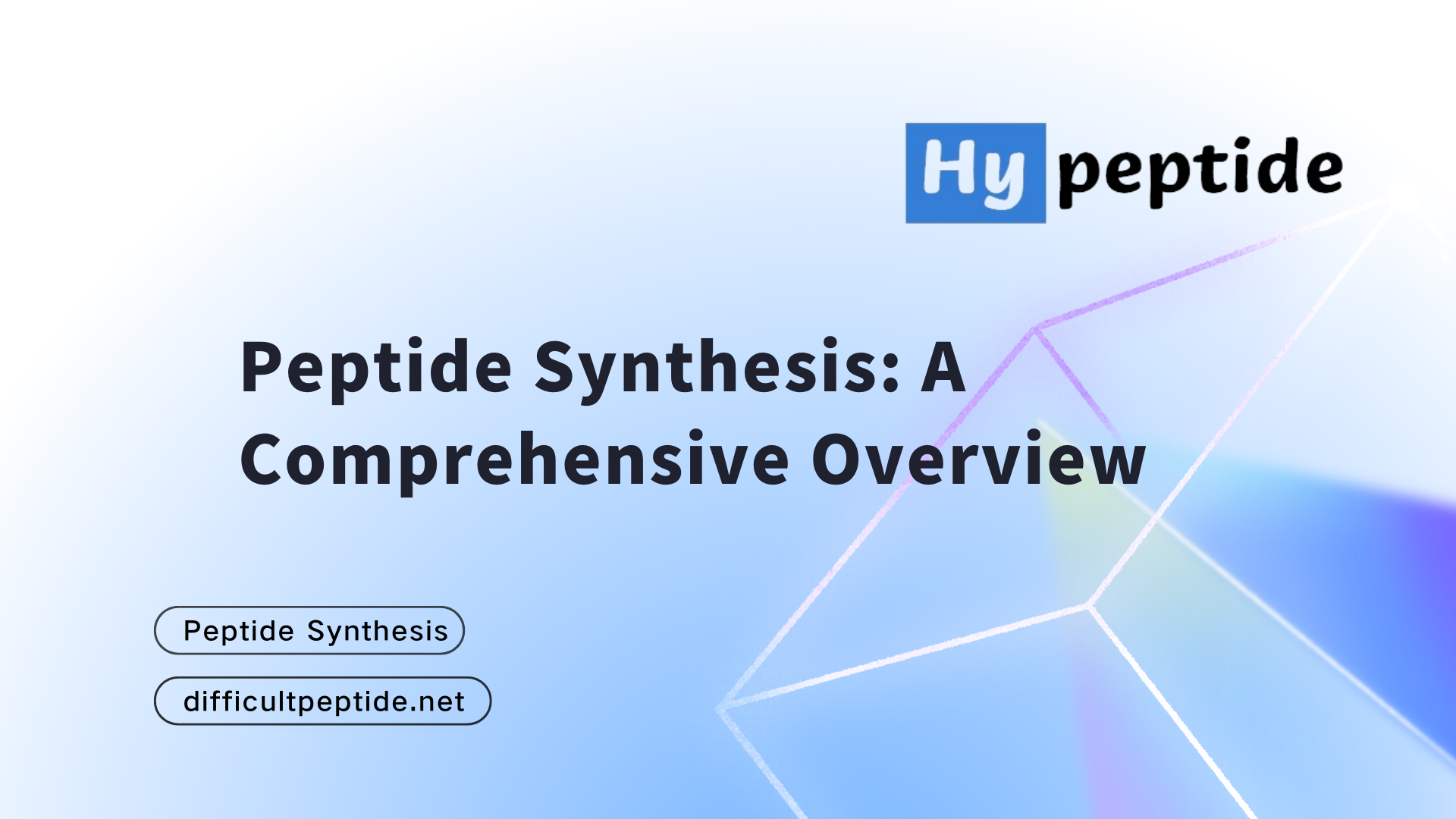
Peptide Synthesis: A Comprehensive Overview
Introduction: Peptide synthesis, a pivotal technique in biochemistry and pharmaceutical research, involves the creation of peptides through the stepwise addition of amino acids. This process plays a crucial role in the development of therapeutics, diagnostics, and biochemical probes. In this article, we provide a comprehensive overview of peptide synthesis methods, strategies, and applications.
Peptide Synthesis Methods:
- Solid-Phase Peptide Synthesis (SPPS):
- SPPS, pioneered by Robert Bruce Merrifield in the 1960s, revolutionized peptide synthesis.
- Involves anchoring the C-terminal amino acid to an insoluble support, enabling stepwise addition of amino acids.
- Protecting groups are utilized to prevent unwanted side reactions.
- Solution-Phase Peptide Synthesis:
- Involves coupling protected amino acids in solution.
- Suitable for synthesizing short peptides but less efficient for longer sequences.
Peptide Synthesis Strategies:
- Fmoc (Fluorenylmethoxycarbonyl) Strategy:
- Fmoc is a common protecting group used in SPPS.
- Mild deprotection conditions facilitate high-yield peptide synthesis.
- Boc (t-Butyloxycarbonyl) Strategy:
- Boc was widely used before the advent of Fmoc.
- Requires harsher deprotection conditions compared to Fmoc.
- Native Chemical Ligation (NCL):
- Enables the synthesis of complex peptides and proteins by chemoselective ligation of unprotected peptides.
Applications of Peptide Synthesis:
- Drug Development:
- Peptide therapeutics offer high specificity and lower toxicity compared to small molecules.
- Examples include insulin, peptide hormones, and antimicrobial peptides.
- Biomolecular Probes:
- Peptides are used as molecular probes to study protein-protein interactions, enzyme kinetics, and cellular signaling pathways.
- Vaccine Development:
- Peptide antigens can be synthesized to induce immune responses against specific pathogens or cancer cells.
Challenges and Future Perspectives:
- Automation and High-Throughput Synthesis:
- Automation of peptide synthesis has facilitated the rapid generation of peptide libraries for drug discovery and proteomics research.
- Peptide Stability and Delivery:
- Enhancing peptide stability and delivery remains a challenge for therapeutic applications.
- Strategies such as peptide conjugation and formulation with nanoparticles are being explored.
- Peptide Engineering and Design:
- Advances in computational modeling and protein engineering are enabling the rational design of peptides with improved properties and functions.
Conclusion: Peptide synthesis continues to be a cornerstone of biochemical research and drug discovery. With ongoing advancements in methodology and technology, peptides are poised to play an increasingly important role in addressing diverse biomedical challenges.
Leave a Reply